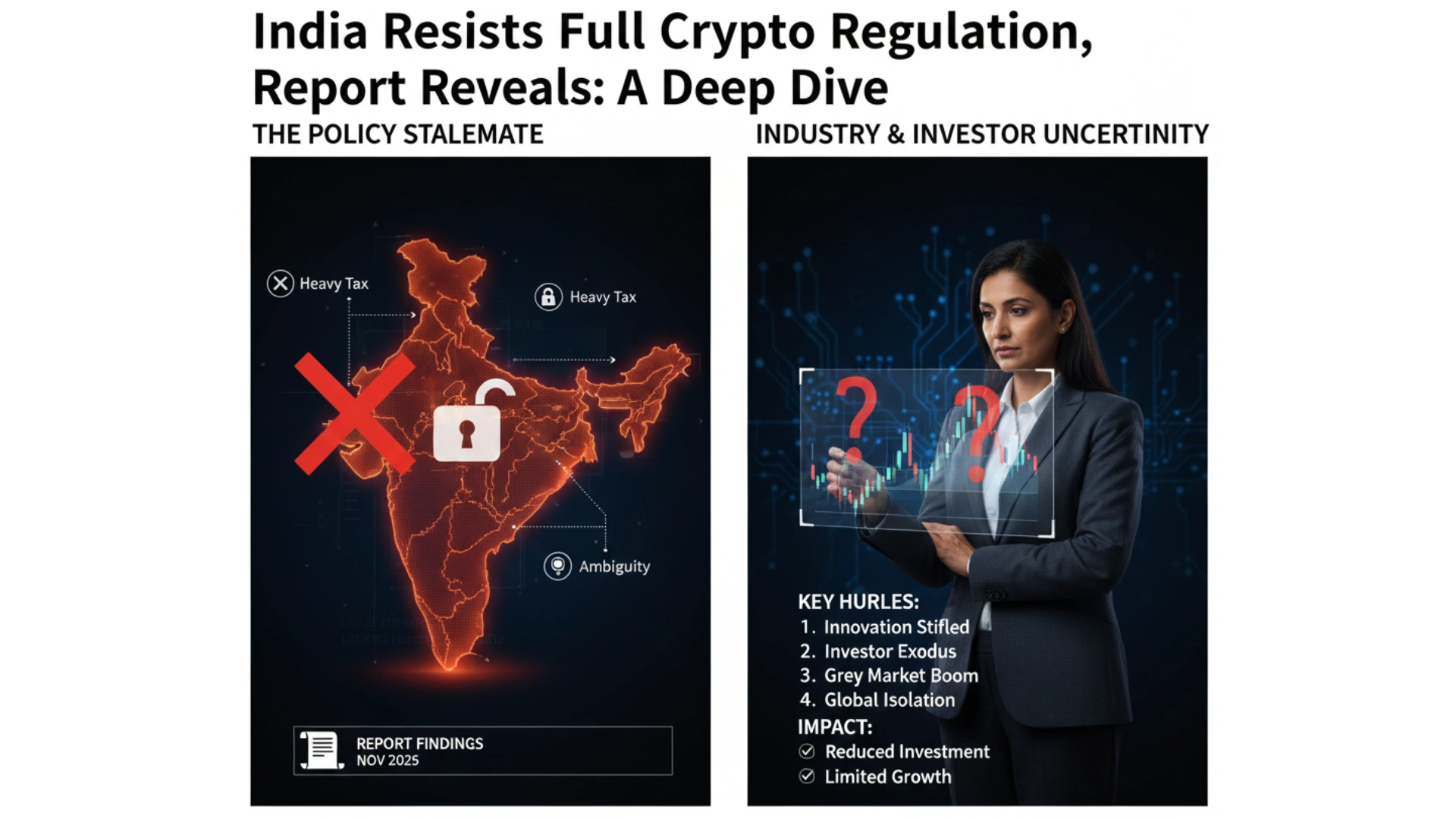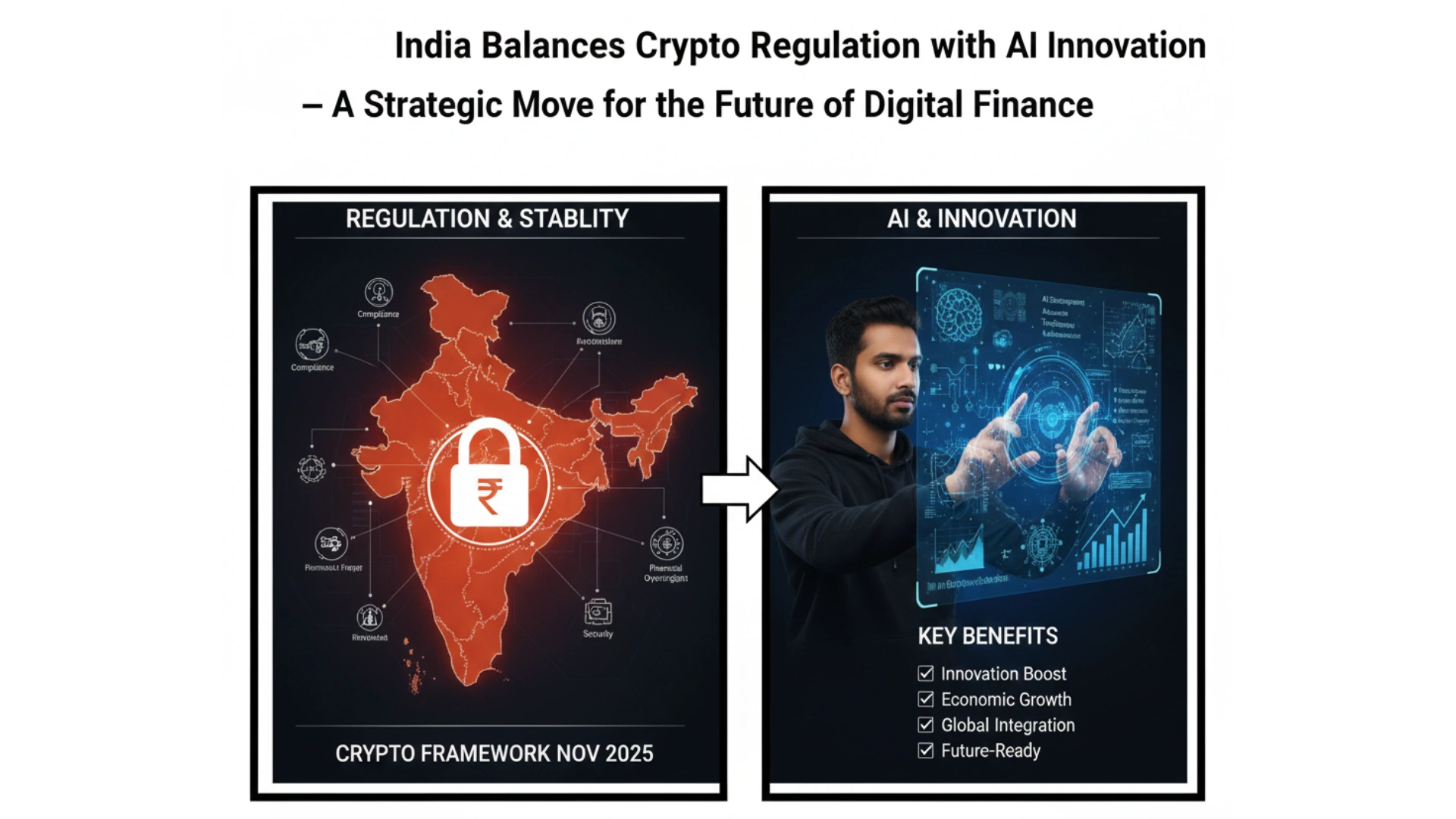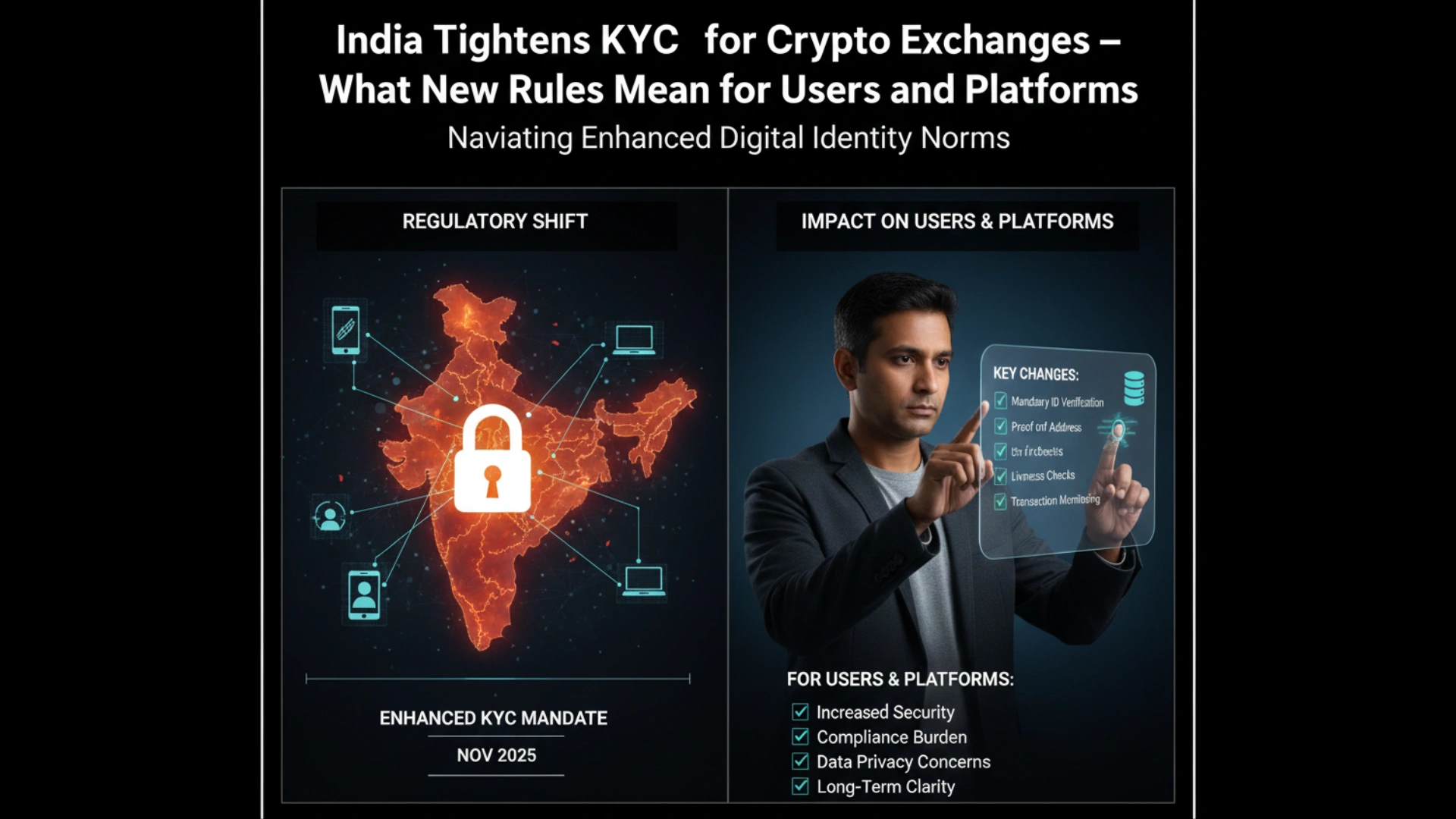Brazil has taken a major regulatory step by tightening controls on the cryptocurrency sector. The Central Bank of Brazil has introduced stronger compliance standards for Virtual Asset Service Providers (VASPs) to improve transparency, investor protection, and anti-money laundering enforcement. These rules will reshape how exchanges, traders, token issuers, and investors participate in Brazil’s rapidly expanding digital-asset ecosystem.
Why Brazil Introduced Stricter Crypto Regulations
With millions of active traders and rising institutional participation, Brazil’s crypto industry is booming. However, its rapid expansion has also brought increased risks such as fraud, illegal token sales, and financial crime.
1. Massive Surge in Crypto Adoption
Brazil ranks among the world’s top 10 nations for cryptocurrency ownership. Higher adoption = greater need for investor protection.
2. Growing Fraud & Illicit Transactions
Authorities have reported increases in:
- Pyramid schemes
- Fraudulent token offerings
- Illegal lending operations
3. AML & KYC Compliance Pressure
Rising use of offshore platforms and decentralized exchanges for money laundering pushed Brazil to align with global FATF standards.
4. Increasing Institutional Participation
Brazilian banks and major fintech companies are entering crypto — demanding a clear and safe regulatory framework.
New Crypto Regulations: What Has Changed?
The Central Bank has introduced a stricter framework for all crypto companies operating in Brazil.
1. Mandatory Licensing for All VASPs
Every cryptocurrency exchange or service provider must obtain an official operating license. Unregistered platforms may be shut down or banned.
2. Full KYC Verification
Exchanges must now implement enhanced user verification:
- Identity documents
- Address verification
- Full transaction monitoring
3. Integrated AML & CFT Monitoring
The new rules require:
- Suspicious transaction reporting
- High-value transaction disclosures
- Proof-of-funds verification
4. Stricter Custodian Regulations
Crypto custodians must apply bank-level security and asset-protection standards to safeguard user funds.
5. Regulation for Token Issuers
Any company launching a token must now:
- Register its whitepaper
- Provide team information
- Conduct source-code audits
- Clarify utility vs. security classification
6. Rules for Cross-Border Transfers
Every international crypto transfer must comply with:
- Foreign exchange regulations
- International transfer reporting
- Tax disclosure rules
Impact on Crypto Investors in Brazil
Benefits
- Higher Safety: Less risk of scams, rug pulls, and fraudulent platforms.
- More Transparency: Exchanges must show clear fee, liquidity, and risk information.
- Institutional Expansion: Banks and fintechs can safely offer crypto products.
Challenges
- Reduced Access to Foreign Exchanges: Unlicensed international platforms may leave the Brazilian market.
- Slower Withdrawals or KYC Delays: Due to enhanced compliance checks.






